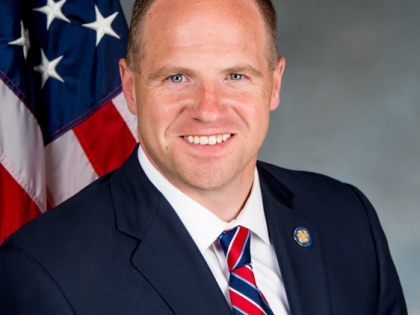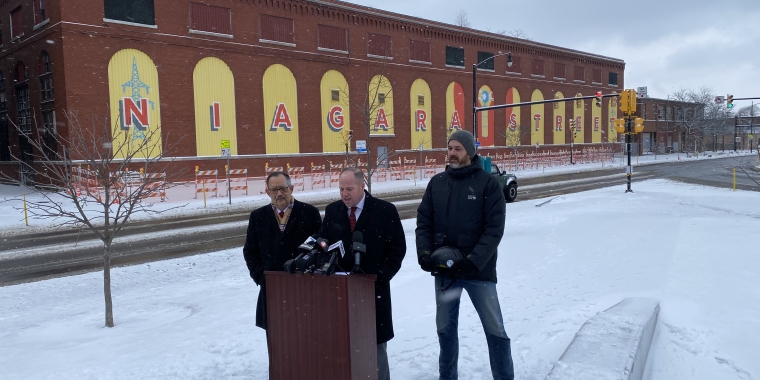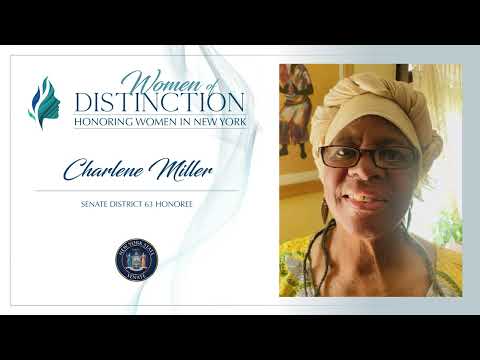
Following Assembly Approval, Kennedy, Peoples-Stokes Urge Senate Passage of Bill to Alleviate Parking Problems for Neighborhoods Near Medical Campus
Timothy M. Kennedy
June 17, 2014
While rapid development of the Buffalo Niagara Medical Campus has spurred much-needed job growth, it has also caused some frustrations for residents in neighborhoods nearby.
Kennedy, Peoples-Stokes push residential parking program for Buffalo’s Fruit Belt neighborhood.
Fruit Belt Coalition, Roswell Park, BNMC, Buffalo Common Council and Council President Pridgen All Support Kennedy/Peoples-Stokes Bill for Fruit Belt Parking Program.
BUFFALO, N.Y. – Senator Tim Kennedy and Assemblywoman Crystal Peoples-Stokes today called on the Senate to hold a vote on their bill to establish a residential parking permit program for Buffalo’s historic Fruit Belt neighborhood. The Assembly approved the bill last week. Kennedy and Peoples-Stokes were joined in their call today by the Fruit Belt Coalition, a neighborhood group that advocates for improvements to area quality of life. The rapid development of the Buffalo Niagara Medical Campus has spurred much-needed investment and job growth, but it has also caused some frustrations for residents living in the surrounding neighborhoods.
One of Fruit Belt residents’ chief concerns is the absence of available parking close to their homes. This makes simple tasks like picking up or dropping off children, unloading groceries or packing the car extremely difficult – much more difficult than it is in just about every other neighborhood in the region. With thousands of people working at the Medical Campus, many venture down nearby streets to find free parking spots – a far less expensive option than most lots and ramps available.
After hearing residents’ concerns and connecting with members of the Buffalo Common Council, especially Council President Darius Pridgen, Kennedy and People-Stokes have been pushing to establish a residential parking permit program within the Fruit Belt neighborhood – and they want the Legislature to approve their bill before the end of session this year. This will ensure far more parking spaces are reserved and available for residents.
“The hardworking men and women who live in Buffalo’s historic Fruit Belt neighborhood and those who work at the Buffalo Niagara Medical Campus are faced with growing frustrations over the limited parking available along area streets,” said Senator Tim Kennedy. “The need for more parking is a sign of Buffalo’s growth, and many call it a ‘good problem’ to have – but it’s a very frustrating problem for the people who deal with it every day. Our neighbors deserve some relief; Albany should heed our call and help us alleviate the parking problems facing Fruit Belt residents. We urge the State Legislature to approve this critically-important legislation before the end of session.”
Assemblymember Crystal Peoples-Stokes said, “I applaud my Assembly colleagues for passing this legislation and strongly urge the Senate to do the same. This bill has widespread support from every possible angle and will help improve Fruit Belt residents' quality of life.”
Dr. Benjamin Cashaw, president of the Fruit Belt Coalition, said, “We are grateful for the relentless efforts of Senator Kennedy and Assemblywoman Peoples-Stokes for a long but fruitful victory over the parking issues in the Fruit Belt, and we are more than happy to say that it will add to the quality of life in this historic community. The community and residents here will be eternally grateful once this bill is finally passed into law and the new program is put in place, especially for the seniors and residents with disabilities who have been battling the parking problem.”
Kennedy and Peoples-Stokes introduced their state legislation to establish the parking permit program following a resolution shepherded through the Buffalo Common Council by Council President Pridgen.
Council President Darius Pridgen said, “We are excited about this legislation for Fruit Belt residents, which will help bring resolution to a growing concern in their neighborhood. Senator Kennedy, Assemblywoman Peoples-Stokes and I have been working closely on this initiative, and we hope the State Legislature will give final approval to this important bill for our community.”
And it’s not just residents who are supporting the Kennedy/Peoples-Stokes legislation. Roswell Park Cancer Institute, the Buffalo Niagara Medical Campus and UB’s Hauptman-Woodward Institute – central forces behind the expansion and job growth nearby – also support the bill.
“The growth on the Medical Campus, however economically beneficial, has had an impact on the adjacent Fruit Belt community as patients, visitors and employees seek free parking within the neighborhood, reducing available street parking close to residents’ homes. Roswell Park Cancer Institute understands the necessity to retain residential street parking and we support efforts by the community and the City of Buffalo to develop a residential parking permit system in the Fruit Belt neighborhood,” says Donald L. Trump, MD, President and CEO of Roswell Park Cancer Institute.
“Ensuring efficient and sustainable transportation options to and from the Medical Campus is a top priority for the BNMC, Inc., and a major part of this is mitigating any negative impacts of parking and traffic congestion in the surrounding neighborhoods,” said Matthew K. Enstice, President & CEO of the Buffalo Niagara Medical Campus, Inc. “We will continue to work closely with the surrounding neighborhoods, the City and our other partners to find the best solution for all stakeholders.”
Once the State Legislature approves the bill and it’s signed into law, the City of Buffalo will be authorized to launch the residential parking permit program for the Fruit Belt neighborhood. The city will determine the specifics of how the program is administered and how parking permits are distributed to residents. The legislation allows the program to be established along Maple Street, Mulberry Street, Locust Street, Lemon Street, Carlton Street and High Street, and 20 percent of parking spaces within the program area will be made available to non-residents and will allow for short-term parking of at least 90 minutes in duration.
The Buffalo Niagara Medical Campus has been a driving force behind the economic resurgence of Western New York. Nine major institutions and more than 40 public and private companies are expanding here in the City of Buffalo. This expansion has facilitated the investment of over $750 million in development covering over 120 acres and employing well over 12,000 employees. As many as 17,000 people will soon be working at the Medical Campus.
As the region prepares for this ongoing expansion, Kennedy and Peoples-Stokes continue to push for increased investment in the NFTA Metro Rail system to provide workers on the Medical Campus with an affordable, reliable option for their daily commute. The lawmakers believe investment in Metro Rail will also help spur additional private investment in Buffalo’s Main Street corridor.
###
Share this Article or Press Release
Newsroom
Go to NewsroomSenator Kennedy 2023 Veteran Hall of Fame
November 10, 2023



Senator Kennedy 2022 Woman of Distinction
August 26, 2022
